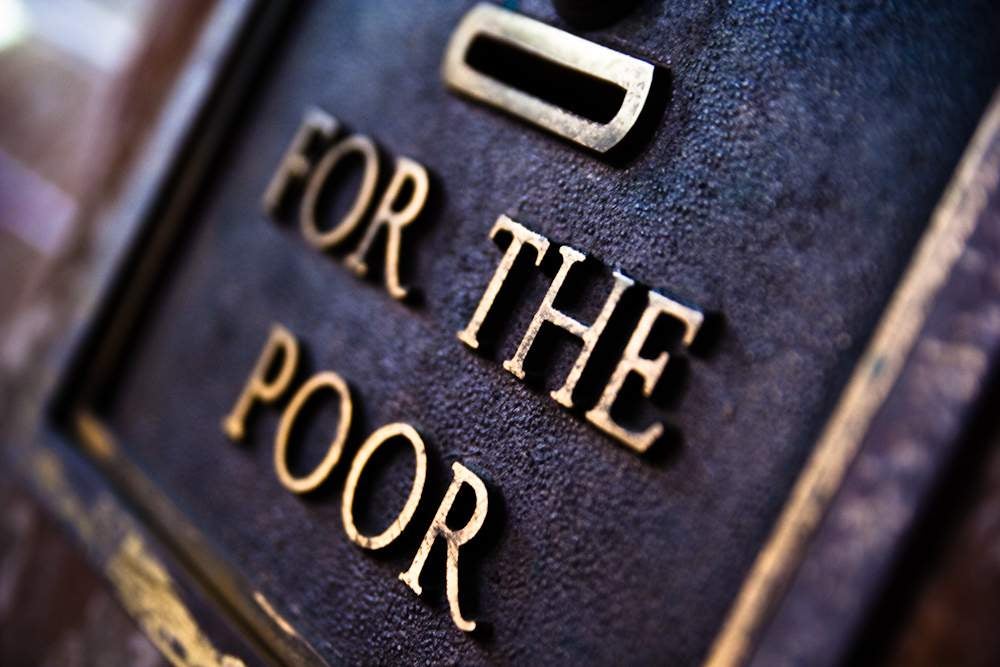
Brexit may bring with it ‘big and painful’ changes to the UK’s charitable sector, but all is not lost, writes Colin Senez
Brexit is fast approaching and you can tell because it is being given almost exclusive rolling ticker treatment on most news websites. An enormous amount of the coverage is dedicated to non-existent trade agreements, warring politicians and the opinions of seemingly everyone with respect to the various scenarios we may, or may not, find ourselves in once we have left the EU. However, not enough coverage is being given to the charitable sector and how it will possibly be affected by the UK’s withdrawal from the EU. At the time of writing, we have a Withdrawal Agreement which has been agreed by the Cabinet, agreed by the EU member states but not yet the House of Commons – arguably, the greatest of May’s challenges. But, assuming that it passes that test, and as the Withdrawal Agreement is drafted, it is likely that Brexit will have a considerable impact on the charitable sector.
Plainly one of the difficulties in considering and assessing the impact that Brexit will have on the charitable sector is that we simply don’t know the form it will take. Time marches inexorably on towards the end of March and the brows of those who work in the charitable sector are furrowing as they try and ensure that the charitable sector is best able to anticipate the potential difficulties posed by Brexit, and perhaps the opportunities that it might bring too.
For instance, the gift and inheritance tax regimes of some EU member states have concessions offered only to EU citizens. The European Court of Justice case of Persche (2009) established that German tax laws must offer the same tax relief to a German taxpayer giving money to a Portuguese charity, as if the taxpayer had given money to a German charity. As a consequence, a number of EU member states had to change their tax laws to accommodate this ruling. That will cease to have effect in relation to UK charities once the UK leaves the EU. This means that many UK-based charities with substantial EU donors will need to consider establishing ‘friends of’ or associated charities in the EU in order to ensure that EU donors will be able to take advantage of in their own jurisdiction when making gifts to UK charities.
Brexit might also provide the UK with an opportunity to regain autonomy over an element of its tax system, namely with regard to VAT. It is estimated that the VAT system costs the UK charity sector over £1.5 billion per year. The Charity Finance Group has asked the government to review the VAT system once the UK has left the EU. As established in the Withdrawal Agreement, the UK has no recourse to amend, or even exit, the VAT system until the transition period has ended. However there seems little assurance from the government that they are considering doing this. The CFG have said that to remain in the VAT area but outside the EU would leave the UK in a difficult position as it would mean the UK is unable to shape or veto VAT changes but would still be subject to them.
Finally, the number of EU nationals working in UK charities amounts to approximately 31,000, that is around 5 per cent of the current charity workforce. Concerns have been raised by the sector as to how they will be able to recruit enough new employees in an as yet uncertain post transition period immigration system. 62 per cent of charities have stated that they have had no experience of the recruiting system for non-EU nationals which would invariably mean a shift in the practices of charitable organisations whose resources are already firmly focused on supporting the causes they fight for. The charity section is hoping that the government will provide the support that charities need in order to ensure that charities are able to maintain their workforce.
Brexit means substantial change – and as Mary Shelley said ‘nothing is so painful to the human mind as a great and sudden change’ – and invariably this change will trigger some pain and anxiety for a sector which currently receives substantial funding from the the EU.
In 2015 alone (for example), it is estimated that total EU funding to UK charities surpassed £250 million and the UK government has so far given limited assurances to charities about successor funding for projects which have previously been funded by the EU. Brexit is a big, and for many a painful change for those in the charitable sector, but the prevailing objective of those that work and operate within the sector must be to ensure it continues to do the work that it does so well and seizes opportunities where it can.
Photo credit: Steven Depolo @Flickr
Colin Senez is an associate at boutique private wealth law firm Maurice Turnor Gardner LLP
Related….
Alan Greenspan: ‘The system is eventually going to unwind’
1% is a fair price to pay for a soft Brexit
The straw between hurricanes: postcard from Montenegro
Lloyd Dorfman on UHNWs: ‘You don’t see a huge number giving’
Revealed: the top HNW advisers working in art, wine and classic cars in 2018






